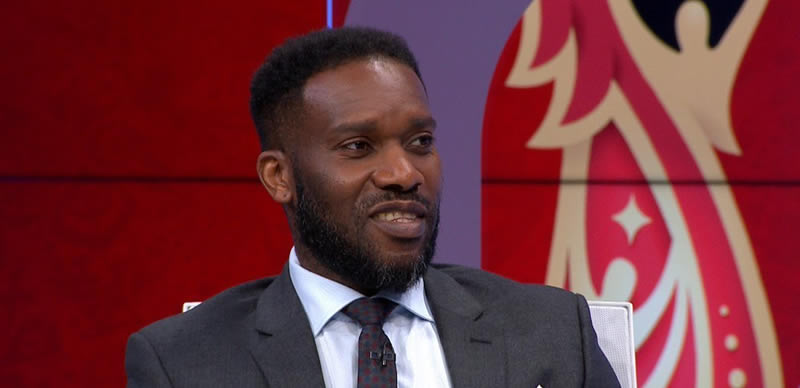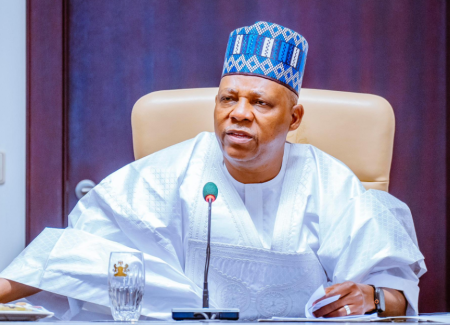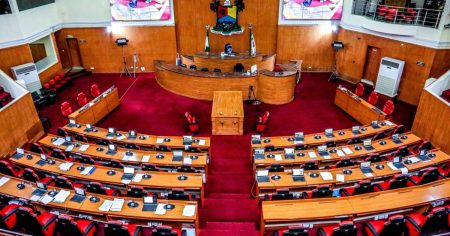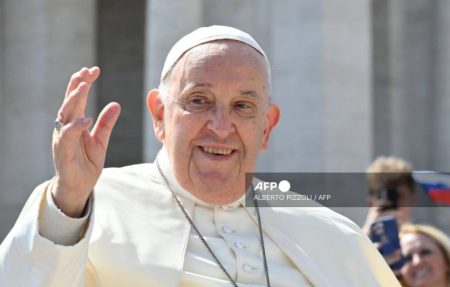The fallout between Atalanta manager Gian Piero Gasperini and Nigerian forward Ademola Lookman following the club’s Champions League exit against Club Brugge has ignited a firestorm of controversy, drawing strong criticism from football legends and sparking a debate about managerial conduct and player support. At the heart of the dispute lies Lookman’s missed penalty in the decisive match, a moment that Gasperini publicly singled out as a primary reason for Atalanta’s elimination. While Lookman had scored early in the second half, his later penalty miss proved costly, contributing to a 5-2 aggregate defeat. However, Gasperini’s subsequent comments, branding Lookman “one of the worst penalty takers” he had ever seen, were deemed excessive and sparked widespread condemnation.
Former Super Eagles captain Austin Jay-Jay Okocha emerged as a prominent voice in Lookman’s defense, characterizing Gasperini’s reaction as an overreaction that overlooked Lookman’s significant contributions to the team. Okocha argued that many top players have missed crucial penalties without facing such harsh public criticism, questioning why Lookman was being treated differently. He further emphasized Lookman’s importance to Atalanta, suggesting that the club could face relegation without his contributions. This strong stance underscores the perceived injustice of Gasperini’s comments, highlighting the potential damage they could inflict on a player’s confidence and the team’s overall morale.
The support for Lookman extended beyond Okocha, gaining momentum with endorsements from football luminaries. Samuel Eto’o, the former Barcelona and Cameroon striker, offered words of encouragement on social media, emphasizing that memory in football is short-lived and that Lookman remains a champion in their eyes. He praised Lookman’s courage to take the penalty, noting that only those who dare to shoot can miss. This message of solidarity resonated with the sentiment that Lookman’s overall performance and contributions should not be overshadowed by a single missed penalty. It also highlighted the importance of supporting players in moments of adversity, rather than publicly castigating them.
The chorus of disapproval for Gasperini’s handling of the situation grew further with interventions from Juventus legend Alessandro Del Piero and former Nigeria international Duke Udi. Their criticism added weight to the argument that Gasperini had crossed a line, creating an unnecessary public spectacle that could have been handled more discreetly and constructively. The collective condemnation from these influential figures in the football world placed further pressure on Gasperini to address the situation and reconsider his approach. This wave of support for Lookman underscored the broader issue of player management and the responsibility of coaches to foster a positive and supportive environment.
As the controversy continued to escalate, Gasperini attempted to clarify his remarks in a press conference ahead of Atalanta’s Serie A match against Empoli. He acknowledged Lookman’s “extraordinary impact” and claimed that his words were not intended to be offensive. However, this attempt at damage control fell short of a full apology or retraction, leaving the impression that Gasperini was merely trying to mitigate the backlash rather than genuinely address the underlying issue. This lukewarm response further fueled the debate about his leadership style and his ability to effectively manage player relationships.
The Lookman-Gasperini saga serves as a case study in the complexities of player-manager relationships and the potential consequences of public criticism. It raises questions about the appropriate balance between accountability and support, and the importance of fostering a positive team environment. Gasperini’s handling of the situation has been widely criticized as counterproductive, potentially damaging not only Lookman’s confidence but also the team’s overall morale. The outpouring of support for Lookman from football legends highlights the need for coaches to exercise greater sensitivity and empathy when dealing with players, particularly in moments of high pressure and disappointment. This incident underscores the vital role of leadership in navigating challenging situations and creating a culture of trust and respect within a team.











